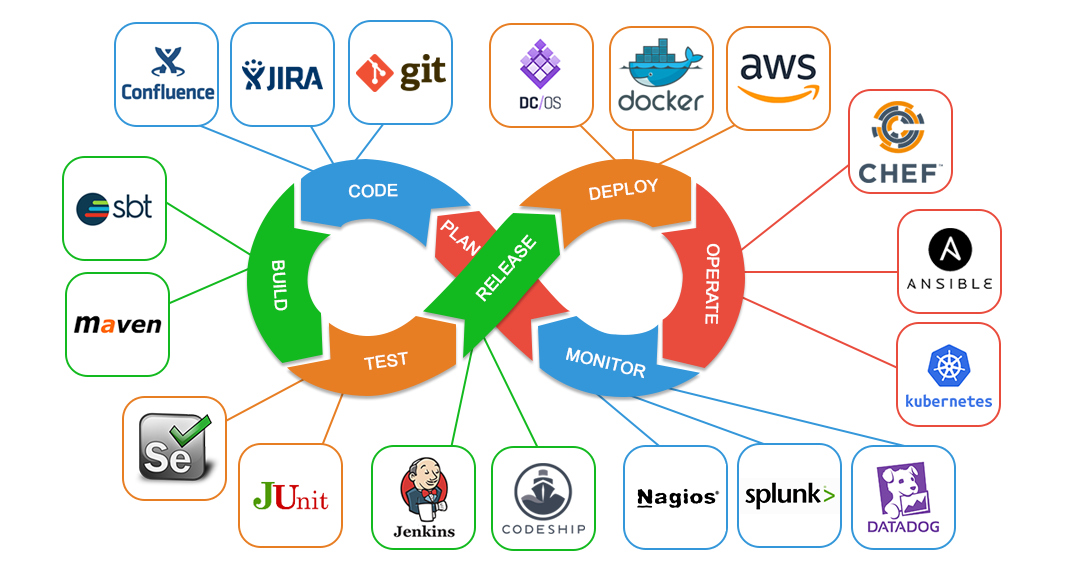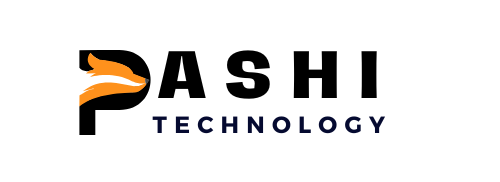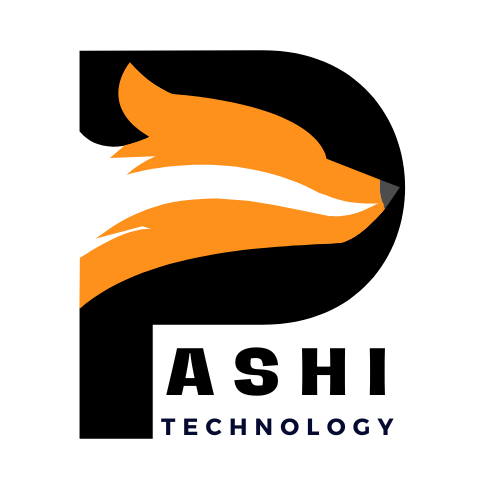
Cloud Computing & Devops
admin@pashi
Course Overview
Cloud computing’s advantages include scalability, allowing businesses to increase or decrease resources as needed, and cost-effectiveness, eliminating the need for businesses to maintain physical hardware. Additionally, cloud platforms offer high availability, ensuring that services are always up and running, even during system failures.
On the other hand, DevOps (Development and Operations) is a set of practices and tools that bridge the gap between software development (Dev) and IT operations (Ops). The goal of DevOps is to improve collaboration and communication between development and operations teams to deliver applications and services more efficiently, with faster deployment times, higher quality, and reduced downtime.
Key components of DevOps include:
- Continuous Integration (CI): Involves automatically testing and integrating code changes into a shared repository, ensuring that any errors are caught early in the development cycle.
- Continuous Delivery (CD): Automates the release of software, allowing for the rapid delivery of new features or updates to users.
- Automation: Automation is central to DevOps. It involves automating repetitive tasks such as testing, deployment, and infrastructure provisioning, reducing human errors and improving productivity.
- Monitoring and Logging: DevOps emphasizes constant monitoring of applications and infrastructure, enabling teams to identify and address issues proactively.
- Collaboration and Communication: DevOps promotes a culture of open communication between developers, operations, and other stakeholders, fostering collaboration to achieve common goals.
DevOps is essential for organizations aiming to implement agile development practices, ensuring that development teams can rapidly release updates, while operations teams can maintain stable, reliable environments. By adopting DevOps, businesses can increase the speed of their software development lifecycle, reduce deployment failures, and create a more resilient IT infrastructure.
Together, Cloud Computing and DevOps work in harmony to optimize the development, deployment, and maintenance of applications. Cloud services provide the flexible and scalable infrastructure needed for rapid DevOps practices. With Infrastructure as Code (IaC), developers can use cloud platforms to automate and manage the entire deployment pipeline, from code commit to production deployment.
In conclusion, Cloud Computing and DevOps are fundamental in enabling businesses to create, scale, and maintain applications efficiently. While cloud computing offers the infrastructure and resources required for hosting and scaling, DevOps provides the cultural shift and practices needed to ensure faster delivery, higher quality, and continuous improvement in the software development process. Both technologies are integral to modern software development and are crucial for businesses looking to stay competitive in the digital world.


